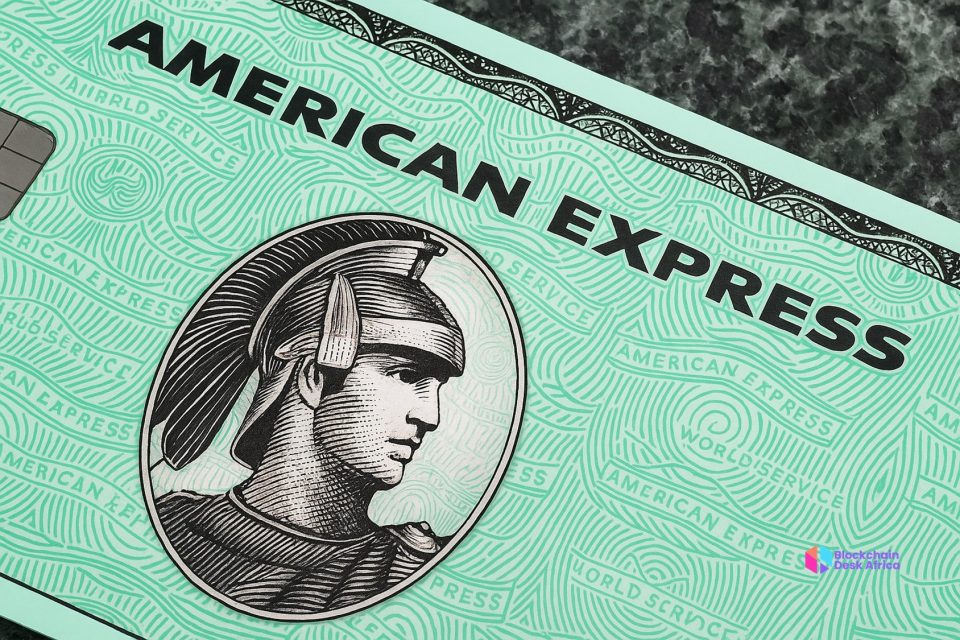American Express has launched a new digital feature called Amex Passport, which gives eligible U.S. cardholders the ability to collect NFT-based “passport stamps” to commemorate their international travels. The initiative brings a modern twist to an age-old tradition, combining nostalgia with blockchain technology at a time when physical passport stamps are gradually disappearing due to digitized immigration processes.
The stamps are minted as ERC-721 tokens on the Base Layer-2 blockchain, which is built on Ethereum and known for faster, lower-cost transactions. Each NFT stamp includes the country or region visited, the date of travel, and a short description. Cardholders can also customize their stamps with personal notes—such as a favorite restaurant, hotel, or landmark—to make the digital keepsake more meaningful.
American Express emphasized privacy in the program design. While the stamps are blockchain-based, they are non-transferable and cannot be sold or traded on secondary markets. Importantly, no personal trip data is publicly shared on Base. The focus is on creating a secure, personal archive of travel memories that cardholders can view, save to their camera roll, or share on social media.
To participate, travelers must be U.S.-based American Express consumer cardholders with an active online account. Amex also revealed that trips booked through its travel platform over the past two years are eligible for retroactive stamps, allowing customers to immediately populate their digital passports with past journeys.
A recent Amex survey showed that 73% of respondents want new ways to preserve their travel memories digitally, and 56% miss receiving physical passport stamps at border controls. By offering a blockchain-powered alternative, American Express aims to fill this gap while engaging younger, tech-savvy customers who are increasingly open to Web3 experiences.
With Amex Passport, American Express is not entering the speculative NFT market but rather experimenting with NFTs as digital memorabilia. The initiative highlights how major financial institutions are exploring blockchain not just for payments or trading, but also for lifestyle services that create emotional value for customers.
Read also: Circle invests $20M in African startups building stablecoin tools
